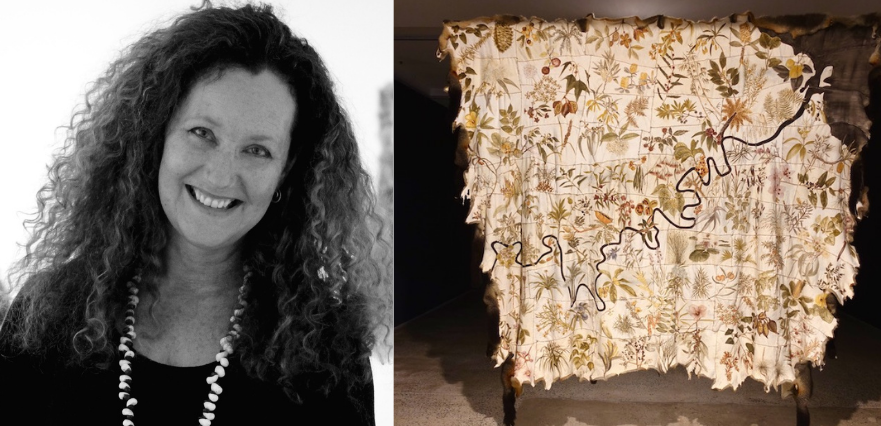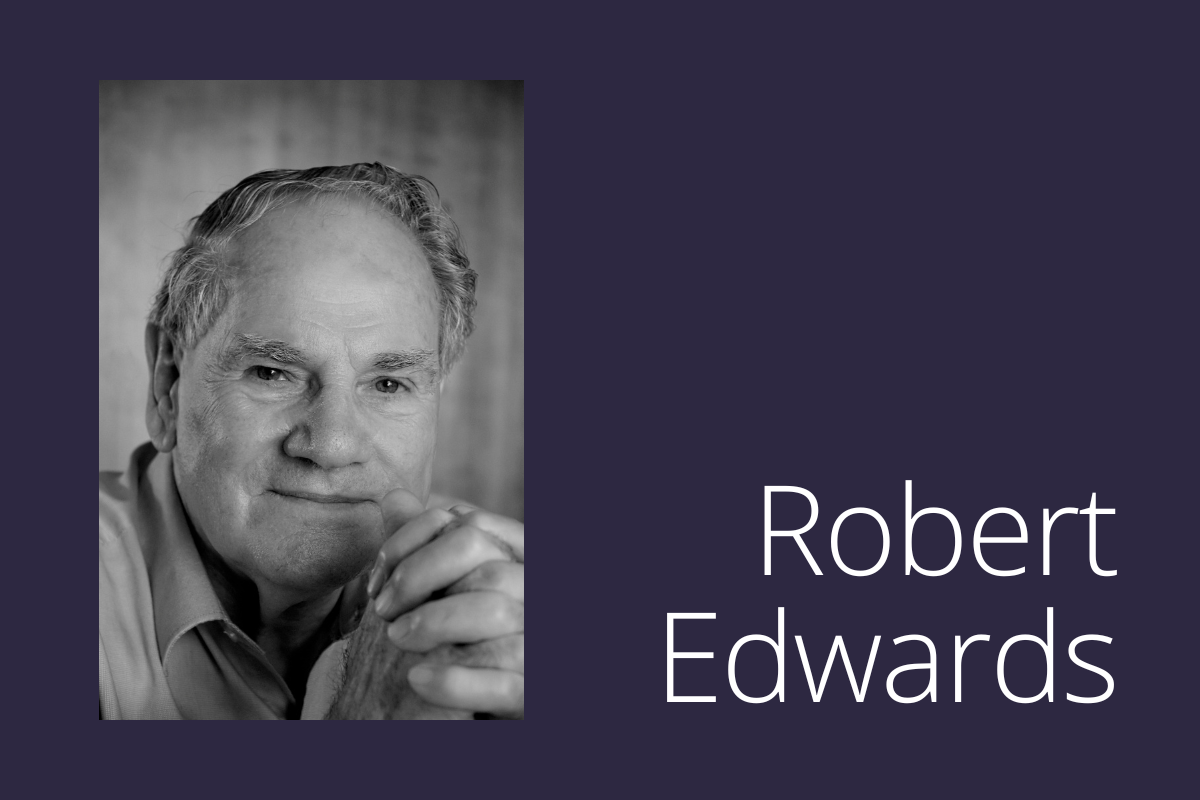
Dr Carol McGregor is a Brisbane-based artist of Wathaurung (Kulin Nation) and Scottish descent and is a possum skin cloak maker, painter, printmaker and sculptor. As an artist, she seeks to adapt and embrace new technologies to reclaim and connect to cultural expression, whilst revealing and exposing hidden histories within the landscape. Dr McGregor revives the traditional possum skin cloak as a contemporary art form and a way to strengthen community and individual identities.
The John Mulvaney Fellowship is presented annually to Aboriginal and Torres Strait Islander early career researchers and PhD students working in any area of the Humanities and is designed to support recipients to undertake research or fieldwork in Australia or overseas.
Dr McGregor began researching possum skin cloaks as a way to connect to her Wathaurung great-grandmother. ‘After making my family possum cloak I understood the powerful cultural significance of the skin cloaks,’ she said.
‘Traditionally, a small possum skin cloak was created for an individual at birth and skins were added to the cloak throughout the wearer’s lifetime. A person’s cloak was unique to them being an important form of personal identity.’
Her research trip, funded by the Academy, will further her work on possum cloaks. She will meet with Elders in the Bidjara community and visit the Gunggari people who are the Native Title holders of Mt Moffat (gained September 2019). She plans to conduct workshops and by working with Elders and the community, she hopes to create contemporary cloaks while educating the community and starting new conversations about their importance and tradition.
Dr McGregor’s work has been acclaimed by prominent artist and Director of the Indigenous Research Unit at Griffith University, Dr Bianca Beetson. ‘Carol’s work is significant and provides new knowledge in this area which has traditionally been focused on cloaks from Victoria and NSW’ she said. ‘Through facilitating workshops and undertaking research over many years Carol has passed on her knowledge and shared the history of cloak wearing and making with many Indigenous communities’.
Dr McGregor has worked extensively with south-east Queensland Aboriginal communities facilitating workshops and teaching and sharing the knowledge and skills around possum skin cloak making. She has held various tutoring and lecturing positions over the last five years at the Queensland College of Art, Griffith University.
President of the Academy Professor Joy Damousi congratulated Dr McGregor on her achievement. ‘We are delighted to honour Dr Carol McGregor for her outstanding work in showcasing the role and contribution of Indigenous researchers and knowledge custodians in telling and sharing our national story’ she said. ‘We are proud to offer the John Mulvaney Fellowship and to strengthen our commitment to the representation of, and support for, Indigenous scholars in the life of the Academy.’
On hearing of her award, Dr McGregor said ‘It is an honour to be selected as the 2020 John Mulvaney Fellowship recipient. This project honours Emeritus Professor John Mulvaney’s work in the field and particularly the connection he had to the Mt Moffat and the Carnarvon Range area, and the respect and understanding he had for the rights of Indigenous people.
‘This research and the continuum of culture is significant on a local, national, global scale. Not only to Indigenous communities, but to all humanities.’



